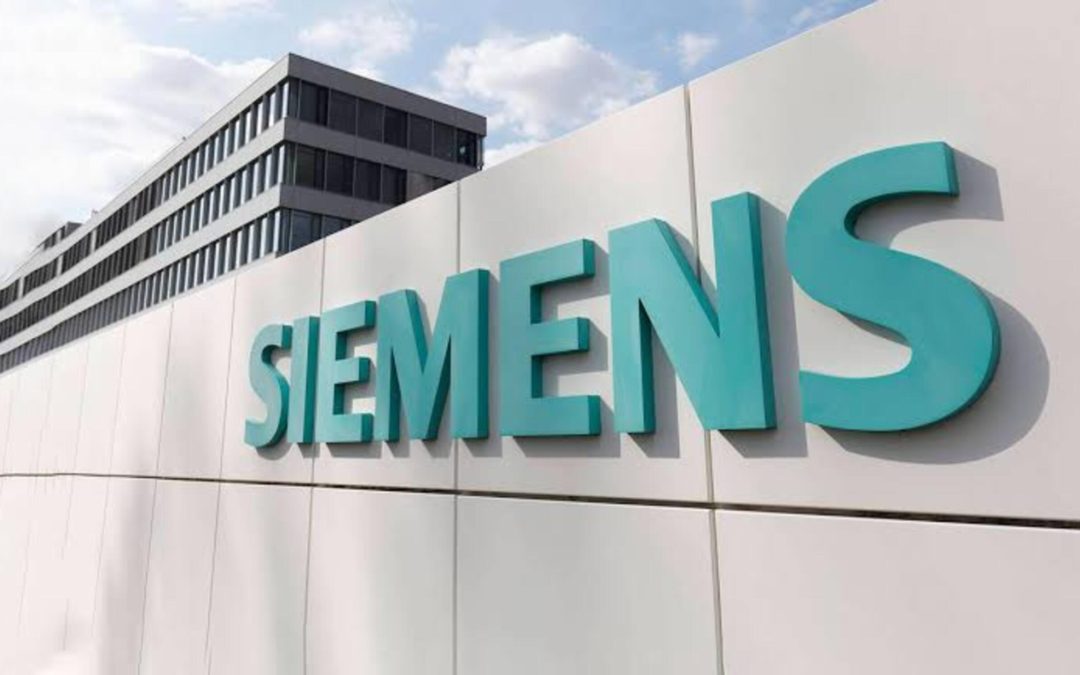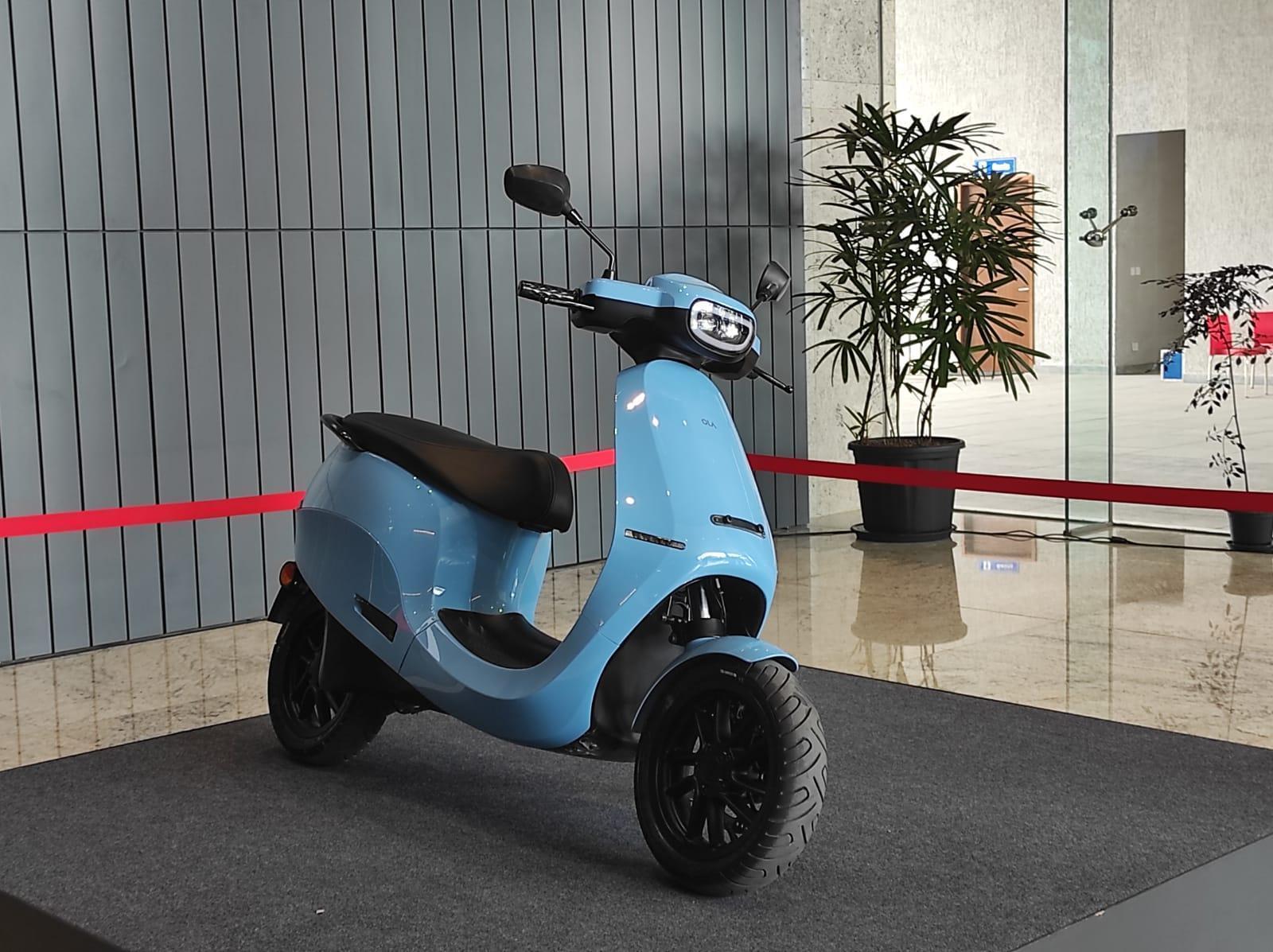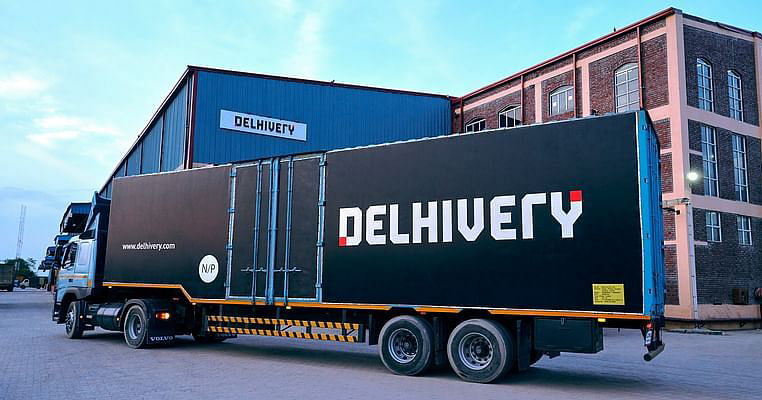Siemens stock fell on Monday after the company sold its low voltage (LV) motors and geared motors business to a parent entity for Rs 2,200 crore, or 16 times earnings per share for FY22. The company did this because its growth was slowing and its operating profit margins were falling. Analysts said that for FY22, the section was responsible for 7% of sales and 9% of earnings.
Phillip Capital thinks that the sale of the business to Siemens AG will hurt Indian minority owners because both the reason for the sale and the way it was valued seem unfair. It said that Siemens’ management thinks that the LV motors business will become a commodity over the next few years and won’t fit with their plans for the future.
Siemens, on the other hand, has Ebitda margins of 12.5% with a model that is asset light and has negative capital employed. This business, however, is short cycle in nature. Ironically, this move is being made while the local market is exhibiting strong demand tailwinds for LV Motors and other prominent companies like CG Power and ABB India are cementing their market dominance by increasing capacity and investing in motor technology for greater energy efficiency.
Phillip Capital said that the deal’s 16.6 times EV/EBIT price seems to undervalue the business a lot compared to Siemen and ABB’s 85 times and 93 times, respectively, for FY22.
On BSE, the stock fell by 10%, reaching a low of Rs 3,338.05. Even so, Siemens shares are up 18.5% so far this year.
“Because of these worries, we have dropped our SOTP-based implied multiple to 50 times to reflect what the sale and restructuring choices made by Siemens AG could mean for Indian minority shareholders. In order to account for the sale of an LV motors business, subject to approval by minority shareholders, we reduced our profits forecasts for FY24 and FY25 by 7% and 8%, respectively. Phillip Capital suggested a lower target price of Rs 3,477 for the company.
Nuvama Institutional Equities said that this trend of selling profitable units to the parent company at low prices is “not friendly” to small investors. Even though the way the sale was done isn’t ideal—a sale through a third party would have been more open and fair—Nuvama said it still thinks Siemens can deliver the best-in-class growth in order flow, given that it has products for both trains and transmission.
“We reduce our EPS by 5% in FY23E and 9% in FY24E due to the sale of high margin LV motors and geared business.” So, we lowered our goal price by 9% to Rs 4,120 based on the same 65 times March 2025E P/E. We keep saying “Accumulate” because we expect a 24 percent CAGR in profit from FY22 to FY25 and a 15 percent return on equity from FY23 to FY24. This is because we are entering a multi-year cycle of public and private capex. Elara Securities said that Siemens would be a big winner because of its wide range of products, technology edge, and backing from its parent company.
This company said that the money from the sale would be given to owners as a 100% dividend. Elara said that Siemens AG plans to take the LV and geared business from all of its group companies around the world and run it as a legally separate and independent company called Innomotics GmbH.
Prabhudas Lilladher said that the deal is likely to be subject to a 23% capital gains tax. It said that separating the motors business from the digital industries part won’t affect operational synergy because Siemens’ competitive advantage is in digitalization and automation solutions, while motors are a commodity product that can be bought from other companies. Also, Siemens AG owns the intellectual property rights (IPR) for these goods, so transferring assets makes sense. It said that LV motors are used in machine making, metals, food and beverage, chemicals, power, minerals, and other fields.



